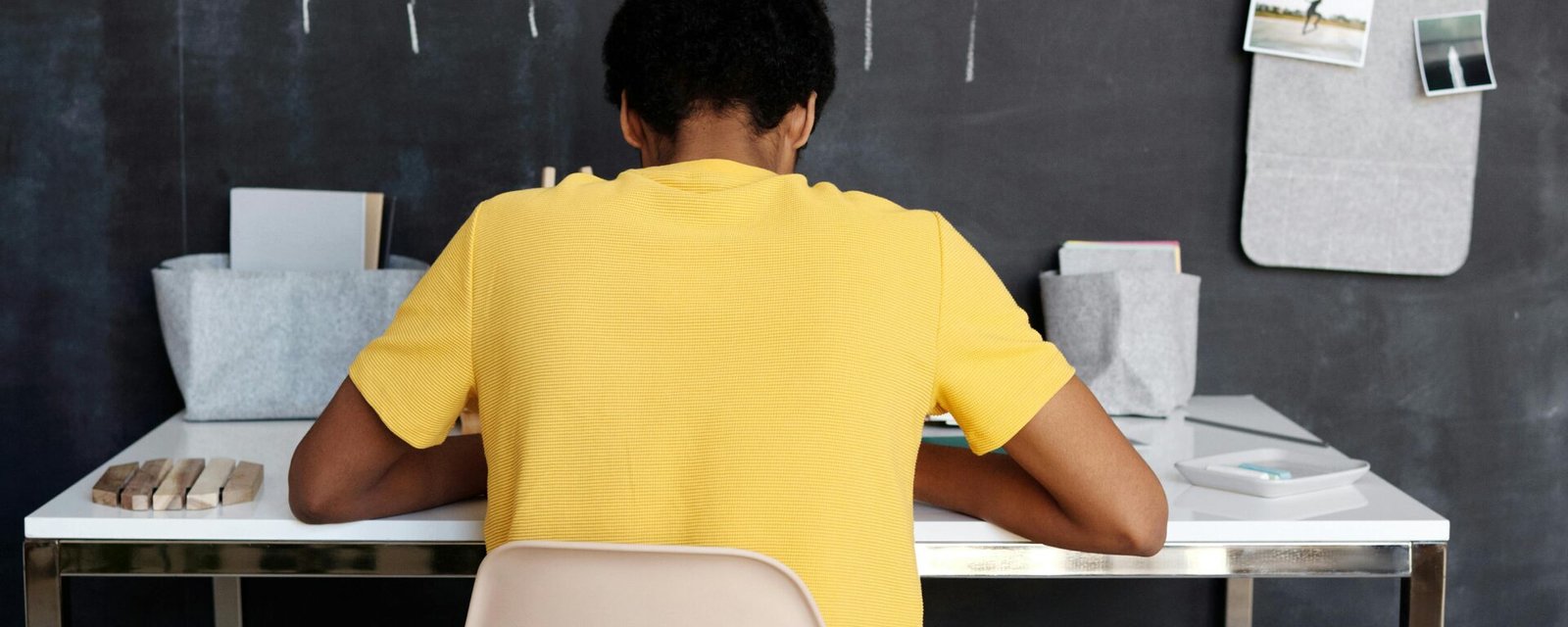Learn German A2: Writing Emails (formal & Informal) Lesson 6. In this lesson, we will learn about writing formal and informal emails.
Learn German A2: Past Particle (P II) in Perfekt Lesson 4
Table of Contents
Vocabulary about Emails & Letters
- E-Mail (Email)
- Brief (Letter)
- Absender (Sender)
- Empfänger (Recipient)
- Betreff (Subject)
- Anrede (Salutation)
- Gruß (Greeting)
- Unterschrift (Signature)
- Anlage (Attachment)
- Versenden (Send)
- Antworten (Reply)
- Weiterleiten (Forward)
- Löschen (Delete)
der Brief: the letter
Ich schreibe gerne Briefe. – I like writing letters.
die E-Mail: the email
Schicken Sie mir bitte eine E-Mail. – Please send me an email.
Technical Terms about E-mail
When we speak about technical terms and the internet in German, we use lots of words that come from English, as we could see with the word “E-Mail”. The symbol “@” comes from English too. You can hear its pronunciation that is also same like in English.
Formal Anrede (Salutation)
Formal ” Anrede ” for an E-Mail:
1): ” Anrede ” for a feminine nouns:
Sehr geehrte Frau …, Dear Mrs/Miss/Ms …,
2): ” Anrede ” for a masculine nouns:
Sehr geehrter Herr …, Dear Mr …,
3): ” Anrede ” for that condition, where you do not know the name of the person. It is better to address both man and woman in this situation.
Sehr geehrte Damen und Herren, … Dear Sir or Madam, …
The first one (“Sehr geehrte/r …”) is more formal and we use it when we address people we don’t know or people in formal contexts, such as when applying for a job or writing an email to a teacher. It is usually followed by the last name of the person we’re writing to.
German A2: Most Common 25 Verbs in German Lesson 1
Informal Anrede (Salutation)
1): Informal ” Anrede ” for feminine noun:
Liebe …, Dear …,
2): Informal ” Anrede ” for masculine noun:
Lieber …, Dear …,
We use the second one (“Liebe/Lieber …”) in more personal and informal contexts, for example when writing to family members, friends or colleagues we know a bit better.
Summary of ” Anrede ”
| Formal: Sehr geehrte Frau Müller, … (Dear Ms Müller, …) |
| Less formal: Liebe Frau Müller, … (Dear Ms Müller, …) |
| Informal: Liebe Emma, … (Dear Emma, …) |
Formal ” Gruß ”
This is the formal way to end an E-Mail.
Mit freundlichen Grüßen: Yours sincerely
Informal ” Gruß ”
This is informal way to end an E-Mail.
Liebe Grüße: Best wishes
Dein … / Deine … Yours
Liebe Grüße aus Kroatien! Best wishes from Croatia!
Deine Anna Yours, Anna
Examples of E-Mails
Look at both examples below to see what a formal and an informal email might look like.
| Sehr geehrter Herr Müller, sie können mich am Dienstag telefonisch erreichen. Mit freundlichen Grüßen Josephine Kant |
| (Dear Mr Müller, You can contact me by phone on Tuesday. Yours sincerely, Josephine Kant) |
Liebe Oma, vielen Dank für das Geschenk. Liebe Grüße! Josephine |
| (Dear Grandma, Thanks for the gift! Yours, Josephine) |
Rules to write an Email
When writing an email or a letter in German, we put a comma right after the address and begin the text with a new line.
Be careful! Even though we are starting a new sentence, the first word of the text has to be in the lowercase because it comes after a comma and not a full stop.
Pay close attention to the example below to see this.
| Lieber Herr Schmidt, |
| haben Sie Zeit, mich Morgen anzurufen? |
| Mit freundlichen Grüßen, |
| Emil Müller |
| (Dear Mr Schmidt, would you have time for a call tomorrow? Yours sincerely, Emil Müller) |
Gute Arbeit! (Great job!) So, Now you can write formal & informal emails.
So, Write your questions about ” Learn German A2: Writing Emails (formal & informal) Lesson 6” and we will reply you.
Meanwhile, If you need further support or individual guidance to learn German, you can contact here. While, You can also write your inquiries for one o one online classes on Whatsapp +92332-4888544 or email at Bashirfarrukh989@gmail.com.
So, Don’t forget to subscribe our blog by entering your email. Because, It really motivates us.
